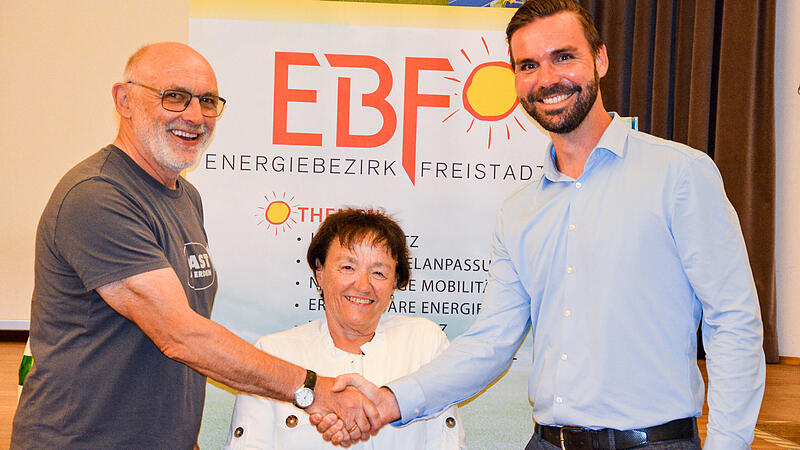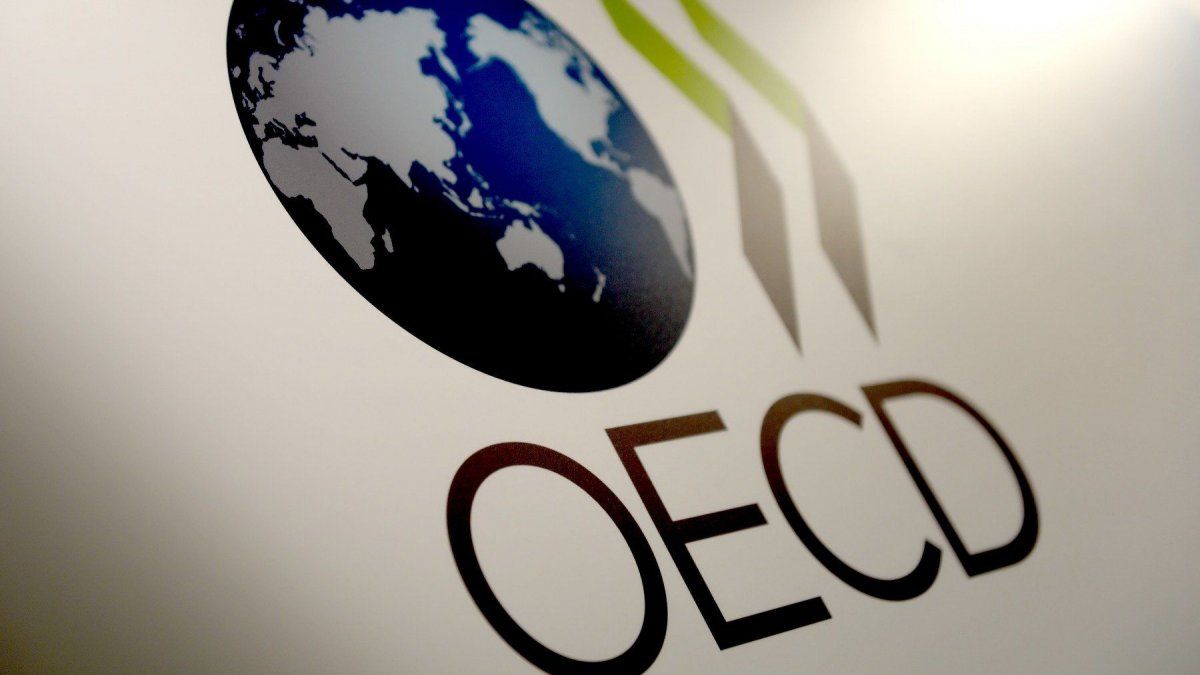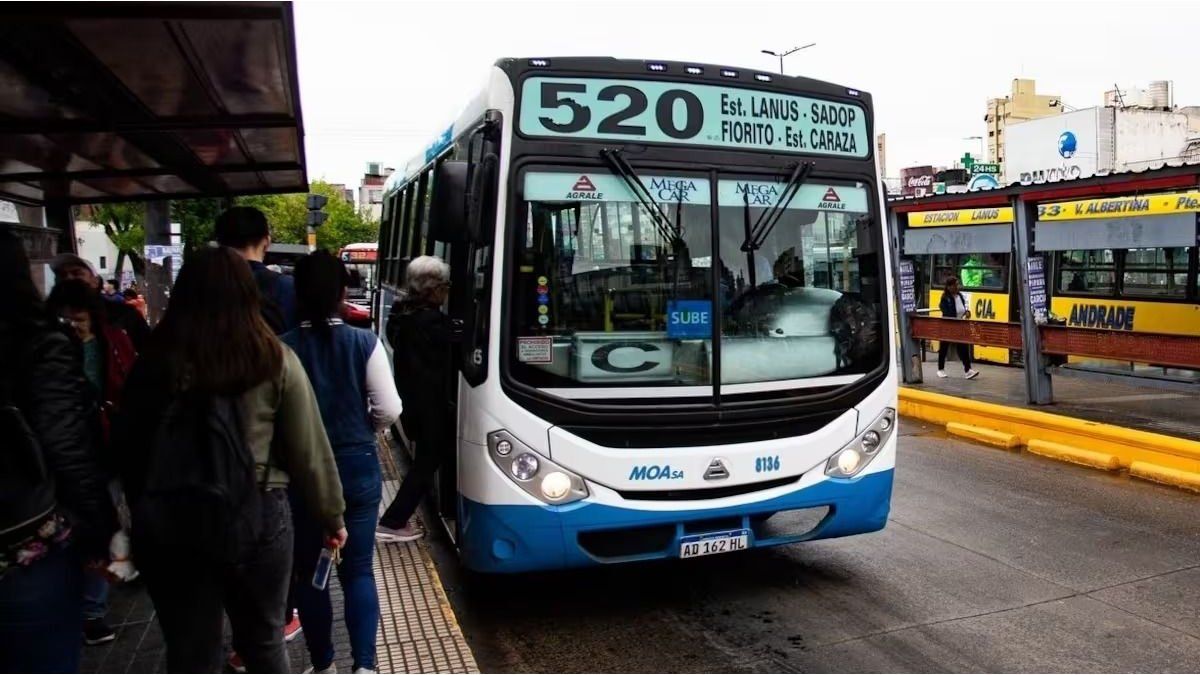Long before the energy and climate crisis began to affect almost all areas of life, the Freistadt energy district (EBF) set priorities to accelerate the necessary restructuring of our energy system. Alfred Klepatsch, former mayor of Windhaag near Freistadt, was always one of the driving forces behind it. His work was therefore also the focus of this year’s EBF General Assembly in Hagenberg Castle.
During Klepatsch’s chairmanship (2005 – 2022), two climate change adaptation regions (“KLAR”) were founded and initiatives for sustainable mobility, an online green electricity marketplace (“Ourpower”), Helios Sonnenstrom GmbH and other projects were set up that jointly implemented with the leader regions Mühlviertler Kernland & Mühlviertler Alm.
In addition to around 30 community and parliamentary group representatives, many guests of honor and companions paid their respects to Alfred Klepatsch at his farewell from the EBF. In his farewell speech “My longings – my experiences – my worries” he pointed out the urgency of action in a fact-based and emotional way. Each of the around 60 participants received a loaf of bread to take with them on the way. The decision as to how to deal with the symbolic kilogram of energy is up to each individual, according to Klepatsch: “Filled in the tank of a conventional car, it is just enough for three to four kilometers. As a daily food ration for one person, you can walk 20 to 30 kilometers or cycle up to 100 kilometers. We all win when we push back greed in ourselves, but also in our economic and social system.”
In the new elections conducted by district governor Andrea Ausserweger, the mayor of Hagenberg, David Bergsmann, was elected chairman and Dietmar Stegfellner, mayor of Wartberg, as his deputy. Shortly thereafter, Bergsmann submitted a proposal to the general assembly to appoint Alfred Klepatsch as honorary chairman. The motion was approved unanimously. Klepatsch thanked the delegates for this sign of appreciation to standing applause.
Guest speaker Hubert Fechner, Chairman of the Austrian Technology Platform Photovoltaic Austria, came directly by train from Vienna. He informed about worldwide PV developments and the necessary space requirements for climate neutrality. At least more than 100 terawatt hours of additional green electricity (currently approx. 65 TWh electricity consumption in Austria) are required in order to be climate-neutral in Austria by 2040. According to Fechner’s assumption, half of this demand can be covered by photovoltaics.
Source: Nachrichten




